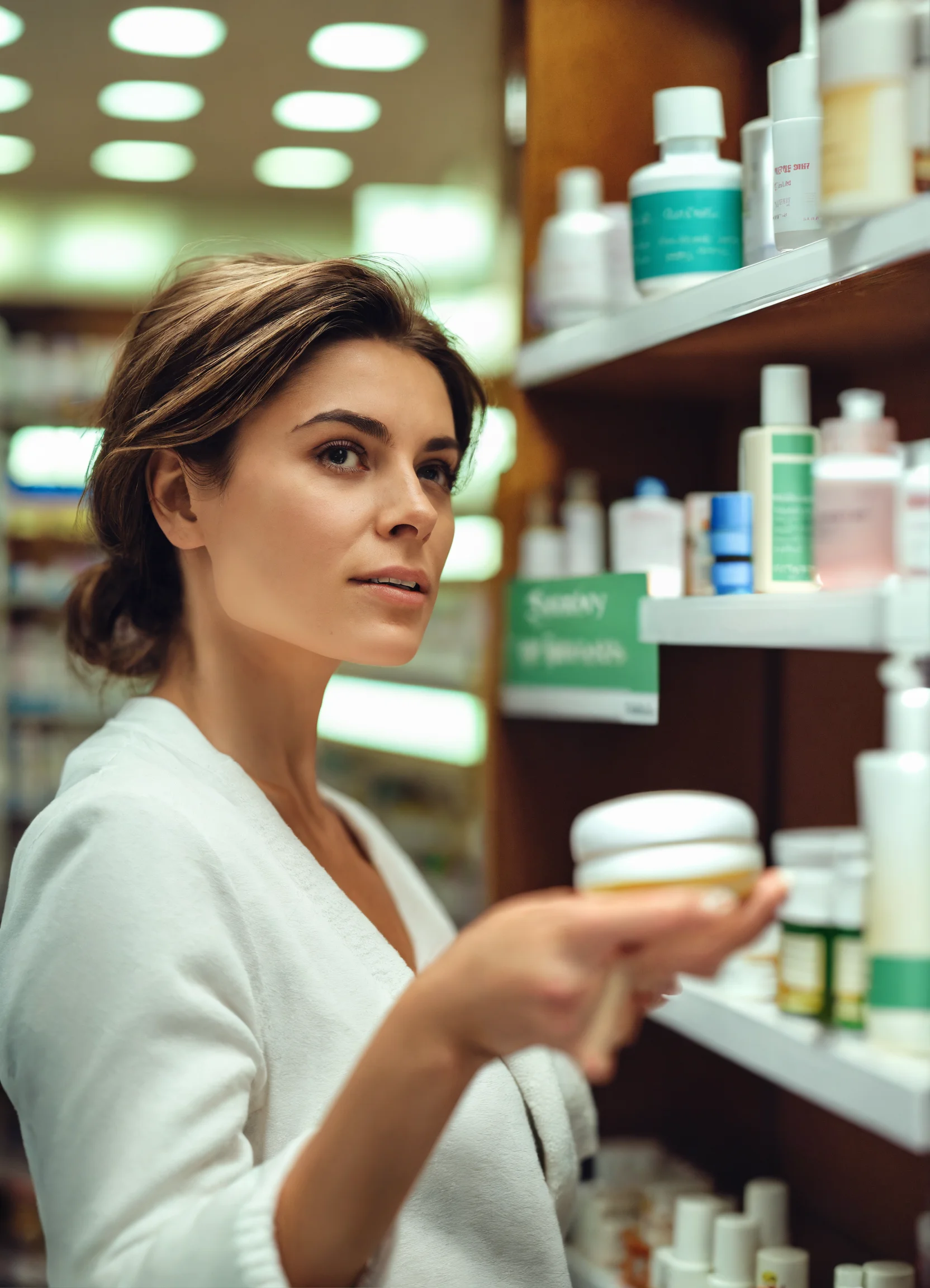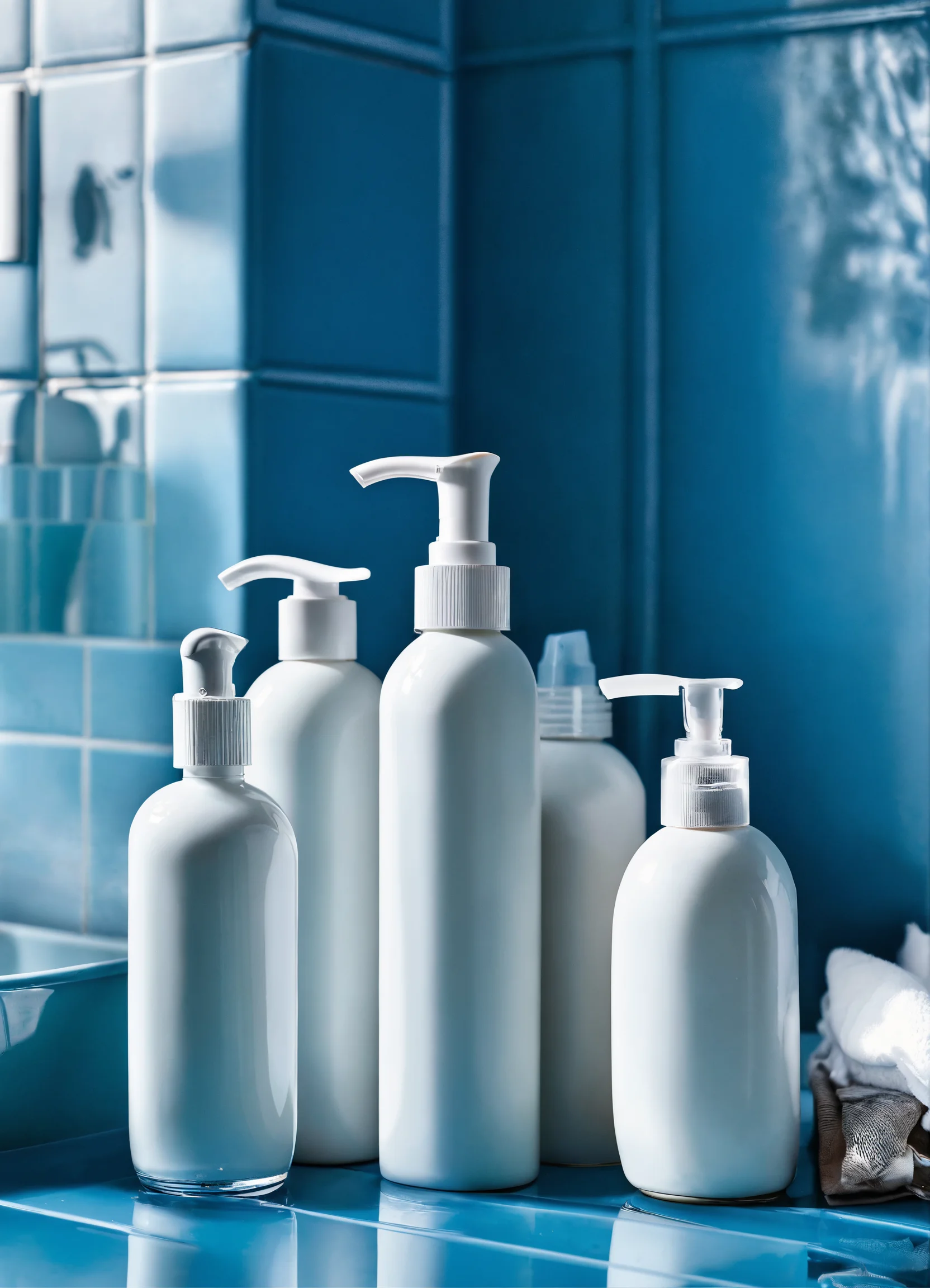Category: Question
-

Q: Is it true that fragrances in skincare products can cause an allergic reaction?
Short answer: Fragrances are indeed a potential allergen. You might react to them, especially if your skin is prone to reactions or if your skin barrier is damaged. Here’s a look at some other ingredients to watch out for…
-

Q: How to care for my skin when using retinoids or benzoyl peroxide?
One of the common side effects of using retinoids and benzoyl peroxide is dryness of the skin and mucous membranes. Many people who start using prescription anti-acne treatments notice these symptoms within the first few weeks. Naturally, they wonder: how can one establish a gentle and non-traumatic skincare routine? The basic steps are quite simple…
-

Q: Does diet affect skin condition?
I thought it would be great to gather some facts about the connection between diet and skin health. The most important takeaway is this: there is no universal dietary advice for healthy skin. There are many studies on this topic, but their results are contradictory (due to small sample sizes, retrospective methods) and depend on…
-

Q: What if sunscreen gets in my mouth? Is it harmful?
Sunscreens of previous generations contained the ingredient PABA, which could indeed cause poisoning. However, modern sunscreens do not contain toxic or poisonous components. It’s likely that any sunscreen (even if it’s not a lip balm!) will mix with sweat/sebum and end up in your mouth, with some amount entering your digestive tract. So…
-

Q: What is Follicular Keratosis and how to manage it?
Follicular keratosis (keratosis pilaris) is a common keratinization disorder of the hair follicles, often referred to as “chicken skin.” The severity of follicular keratosis varies: for some, it manifests as barely noticeable skin-colored bumps, while for others, it presents as pink or red bumps. These bumps most commonly appear on the neck, arms, legs, and…
-

Q: Is it okay to take frequent baths if I have Atopic Dermatitis?
Short answer: Yes! New data confirms this. Some dermatologists believe that any contact with water can further irritate atopic skin, so they recommend limiting water exposure. However, scientists from the American Academy of Allergy, Asthma, and Immunology conducted a two-week study involving 42 children with moderate to severe atopic dermatitis. The results showed that…
-

Q: They say that stress, diet, and cosmetics cause acne. Is it true?
In short: Stress can have an impact, diet is not proven, and cosmetics need to be chosen carefully…
-

Q: What causes acne (pimples)?
The main cause of acne is hormones, specifically, the increased production of androgens. Not stress, not diet (checkmate, chocolate and dairy), not cosmetics. Even when we talk about genetic predisposition, it’s still about hormonal mechanisms.
-

Q: Sometimes I see “low pH” or “pH4” on skincare products – what does that mean?
In short: pH can be surprisingly important if you want to avoid damaging your skin. We know that our skin is protected by a hydrolipid (more precisely, acid) mantle – it prevents allergens and pathogens from penetrating. This mantle functions properly when its original environment is maintained, which can be assessed using the hydrogen ion…
-

Q: Can I use Vitamin C if it has oxidized?
In short: Surprisingly, yes. But it won’t be very effective. So, if your vitamin C serum has turned orange/brown, it’s likely that the main component has oxidized. This process is usually accelerated by exposure to air and light, and it often happens with L-ascorbic acid and Ascorbic acid forms. When vitamin C oxidizes, it loses…
